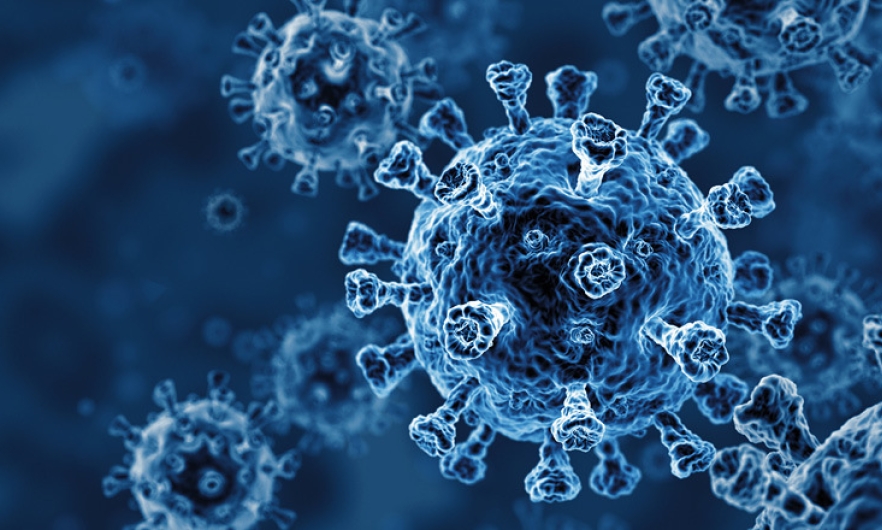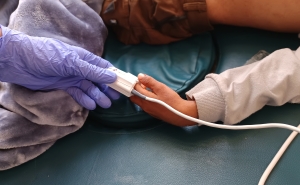Five Variables that Can Affect COVID-19 Symptoms, Prognosis, and Outcomes

What explains the range of COVID-19 infection outcomes?
From asymptomatic to a bout of coughing and fatigue to a stay in the ICU and possible death, they vary widely.
Early epidemiological data identified older people and those with underlying health conditions like heart and lung disease and diabetes at greater risk for more severe illness, but the categorizations haven’t always held true.
“Not everyone with severe disease has these risk factors. And not everyone at risk has the same symptoms, prognosis, or outcome,” write Arturo Casadevall, MD, PhD, MS, Bloomberg Distinguished Professor and chair of Molecular Microbiology and Immunology at the Johns Hopkins Bloomberg School of Public Health, and Liise-anne Pirofski, professor of Medicine and Infectious Diseases chief at Albert Einstein College of Medicine and Montefiore Medical Center.
In a Bloomberg Opinion article, the infectious diseases experts outline five key variables that can influence the severity of COVID-19 illness:
Microbial dosage: Infection by a small number of viral particles may manifest in an asymptomatic or mild illness, while a large quantity of particles is likely to do more damage to the immune system, resulting in a more serious illness.
Genetics: Surface proteins on host cells often act as a portal for viruses. Since they are unique to each person, someone without particular surface proteins, for example, may have resistance to SARS-CoV-2 infection.
Infection route: The path of virus entry—whether via nose or mouth through aerosolized droplets from a cough or sneeze, or through touching a contaminated surface and then touching one’s face—could affect disease outcomes, due to differing immune defense responses.
Virus strength: Differing virulence among varieties of the coronavirus could develop as the virus spreads and undergoes genetic changes. More virulent strains could potentially cause more damage to host tissues or immunity.
Immune status: A person’s history of prior infectious diseases is central to how they respond to the coronavirus or any new infection. Going up against a familiar virus, the immune system may know how to protect itself, but an encounter with a new foe may thwart the system’s rapid response mechanism and allow the virus to do more damage.
“Because these [five] parameters can vary so much from infected person to infected person, it’s impossible to predict who will live and who will die,” Casadevall and Pirofski write. “Therefore, despite accumulating evidence that most who acquire the coronavirus will not develop severe disease, the uncertainty of who is at grave risk enhances the pandemic’s terror.”
This story was adapted from a commentary in Bloomberg Opinion.





